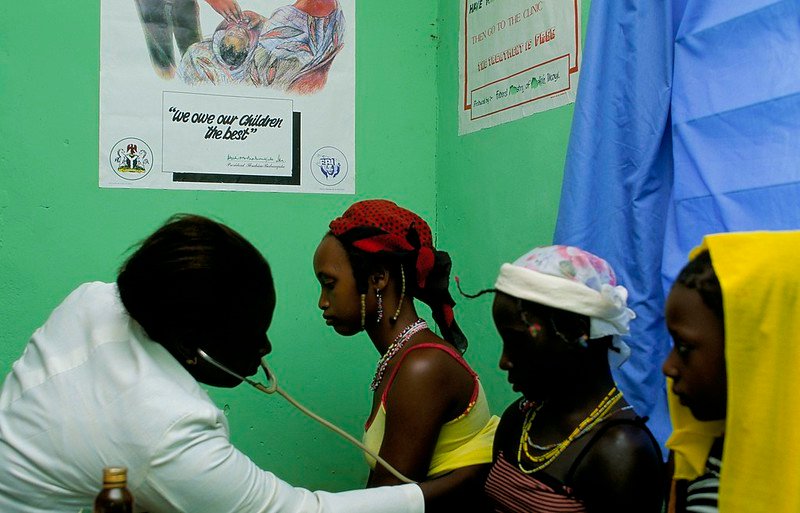As the world marks Obstetric Fistula Day, thousands of affected women in Nigeria, predominantly in rural and underserved communities, need urgent support.
Development Diaries reports that Nigeria accounts for 40 percent of fistula cases worldwide, according to figures from the United Nations Population Fund (UNFPA).
This condition, often resulting from prolonged and obstructed labour without timely medical intervention, leads to a hole developing between the birth canal and the bladder or rectum.
A 2020 study by the National Library of Medicine revealed that obstetric fistula prevalence in Nigeria was 3.2 per 1,000 births, and the number of new cases projected in a year was approximately 13,000, indicating that the backlog of unrepaired cases might take almost 83 years to resolve at the current pace of repair.
Women suffering from obstetric fistula experience chronic incontinence, which not only causes severe physical discomfort and recurrent infections but also leads to social stigma and isolation.
The lack of accessible and adequate maternal health care services, especially in remote areas, increases the prevalence of this debilitating condition.
Not to mention, the sociocultural and economic factors in Nigeria further complicate efforts to address obstetric fistula. Early marriages and childbearing, common in many Nigerian communities, increase the risk of obstructed labour among young girls whose bodies are not yet fully developed for childbirth.
Additionally, poverty and limited educational opportunities for women hinder their ability to seek and afford proper prenatal and obstetric care.
Also, the shortage of skilled health care professionals and inadequate medical infrastructure in many parts of the country result in delayed or absent emergency obstetric interventions, thereby increasing the incidence of fistula.
Addressing the challenge of obstetric fistula in Nigeria requires strengthening health care systems to ensure the availability of skilled birth attendants, and emergency obstetric care.
In addition, public health initiatives must focus on raising awareness about the condition, promoting timely medical intervention, and supporting women’s health education.
Moreover, providing surgical repair services and post-operative care for affected women can help restore their dignity and reintegrate them into society.
On this International Day to End Obstetric Fistula, Development Diaries calls on the federal and state ministries of health, and the National Primary Health Care Development Agency (NPHCDA) to ensure equitable access to quality maternal health services to tackle this profound health issue.
Photo source: World Bank






